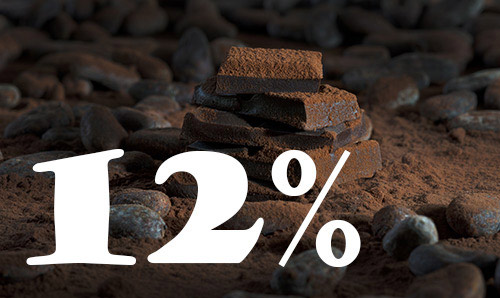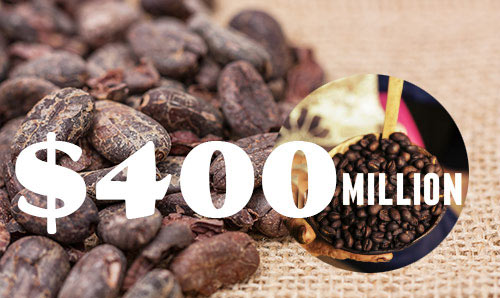Cadbury invests £45 million in sourcing fair trade cocoa
Research into the social and economic sustainability of cocoa production commissioned by Cadbury led it to switch its supply to fair trade cocoa. The company has now certified its main product lines as fair trade and invested £45 million in cocoa growing communities.
Cadbury invests in the social and economic wellbeing of its farmers to sustain cocoa production

Rising concern over the future of coco production made Cadbury realise it knew very little about the socio-economic situation of famers. The company asked our research team to investigate its cocoa supply chain and find out more about the challenges facing cocoa producers.
The research triggered major changes within Cadbury:
- Launch of the Cadbury Cocoa Partnership (CCP), a £45 million initiative to support cocoa growers over the next 10 years
- Fairtrade certification for its main chocolate lines
- £3 million payments in annual social premiums to a Fairtrade-certified cooperative
In 2011 Cadbury was taken over by Kraft/Mondelēz which has continued with this Fairtrade commitment:
- $400 million ‘Cocoa Life’ programme launched in 2012 to build on and extend the work of CCP and support a further 200,000 farmers and 1 million members of the farming community
Cadbury has also obtained commercial benefits from its Fairtrade and sustainability programmes. It estimates cocoa yield in Ghana has increased by 20%, while household incomes have also risen.
Cadbury’s pioneering support for the principles of Fairtrade has paved the way for other confectionary companies. Nestlé and Mars now both run programmes similar to CCP. Together the three companies have contributed to an eight-fold increase in sales of Fairtrade chocolate since 2008.
Our research

Cadbury wanted to investigate whether small scale farmers have the socio-economic capacity to sustain and expand their output of quality cocoa. Gathering systematic evidence from 100 key informants, 750 farmers, 200 workers and stakeholders in Ghana, Dominican Republic and India, our research highlighted the poverty, gender inequality and poor social provisions made for cocoa farmers and workers. We showed that as a result of these conditions, productivity levels were low; young people were leaving farms for employment elsewhere, putting future production at risk.
The research was original in three ways:
First time that a chocolate company gave researchers full access to their commercial value chain
Research in three countries facilitated comparison across diverse locations
Identification of the drivers behind corporate initiatives to address socio-economic barriers to sustainable cocoa production
Key people
- Professor Stephanie Barrientos
- Dr Amanda Berlan (Coventry University)
- Professor Sukhpal Singh (Indian Institute of Management, Ahmedabad)
- Professor Kwadwo Asenso-Okyere (University of Ghana)
